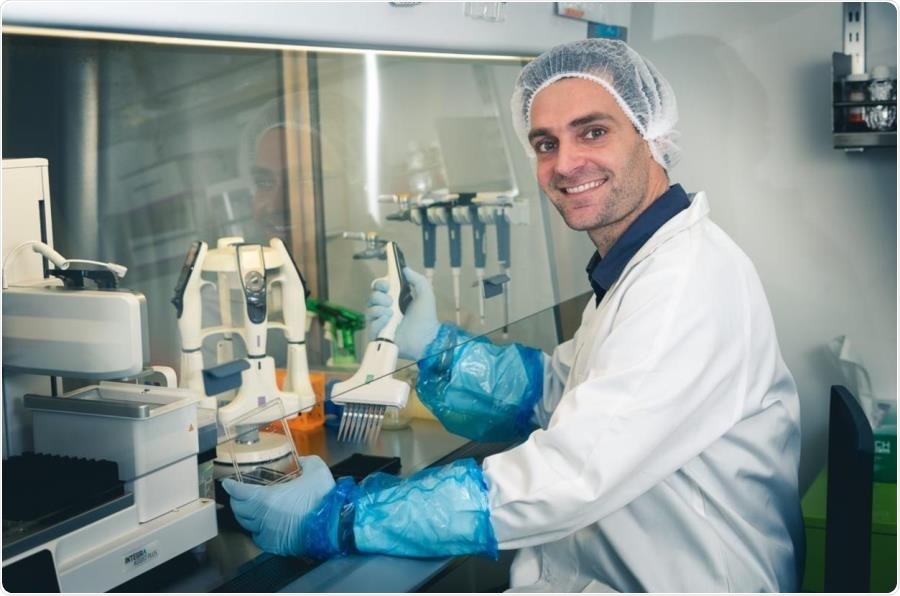The human brain’s biochemistry may be a stumbling block that has been preventing an effective cure for brain cancer.

Dr Cedric Bardy
Flinders University’s Dr Cedric Bardy, Director of the Laboratory for Human Neurobiology at SAHMRI, says the need to understand how brain functions affect cancer cell development is urgent because the clinical outcomes of brain cancer remain extremely low.
He notes the current median survival rate of 15 months for glioblastoma despite current aggressive treatments.
Cancer cells are infamous for escaping treatments by rapidly changing their identity.”
Dr Cedric Bardy, Flinders University
While the mechanism underlying such cellular plasticity is at the forefront of clinical oncology, Dr Bardy notes that the influence of the human brain on the progression and identity of cancer cells is poorly understood.
To help unlock this puzzle, Dr Bardy has successfully obtained three years’ funding for a new brain cancer research project - Glioblastoma: Determining how the molecular microenvironment of the human brain influences cancer progression and treatment efficacy.
The project, which has now commenced, has received more than $574,000 through the Mark Hughes Foundation, an Australian Brain Cancer Mission Funding Partner.
Our research will investigate how the human brain biochemistry may cause the failure of current chemo- and radiotherapies by inducing cellular plasticity.”
Dr Cedric Bardy
Dr Bardy is an internationally recognized leader in the field of human neural stem cells, and an expert in electrophysiology and single cell genetics. His research efforts are focused on developing in vitro models and new biotechnologies to unravel the effect of neurological disorders at the cellular and molecular level.